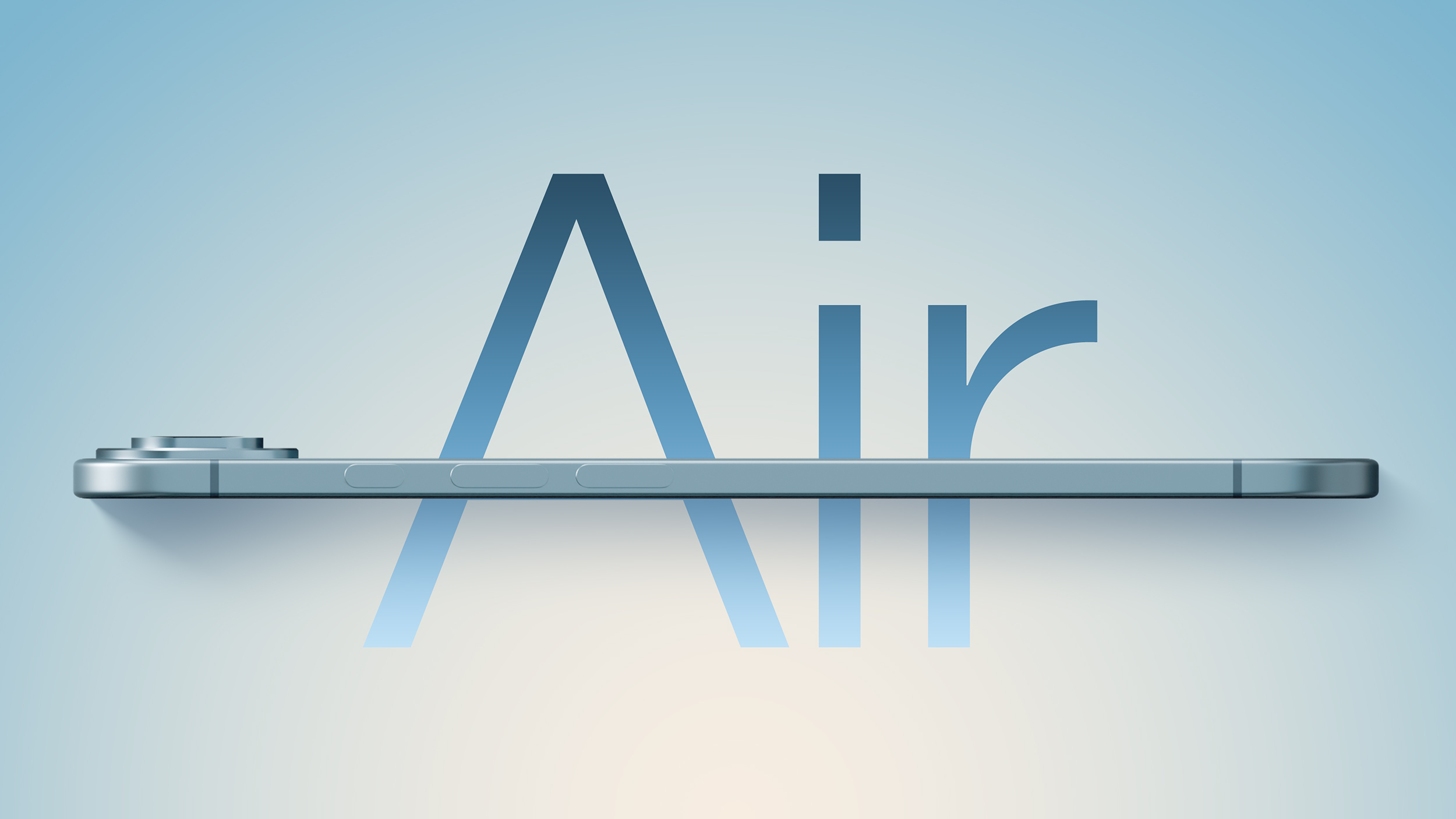|
It's not often that a deal that could save you thousands of dollars on a car has an expiration date. But be careful with your car buying decisions, experts say.
|
|
 The rumored iPhone 17 Air will have a titanium frame, according to Apple analyst Jeff Pu. The rumored iPhone 17 Air will have a titanium frame, according to Apple analyst Jeff Pu.
|
|
 The European Commission appears to have reversed its plans to impose a significant digital tax on large technology companies, including Apple. The European Commission appears to have reversed its plans to impose a significant digital tax on large technology companies, including Apple.
|
|
We understand the skepticism with Prime Day deals—we only recommend quality gadgets that we've spent weeks evaluating to ensure you're getting a good deal on a great product.
|
|
Amazon has deployed over 750,000 robots to its fulfillment centers over the last decade or so, but now there's a new, shall we say, more sensitive addition. The company has announced Vulcan, its first robot with a sense of touch. It's one in a series of new robots introduced today at Amazon's Delivering the Future event in Germany.
Vulcan uses force feedback sensors to monitor how much it's pushing or holding on to an object and, ideally, not damage it. "In the past, when industrial robots have unexpected contact, they either emergency stop or smash through that contact. They often don't even know they have hit something because they cannot sense it." Aaron Parness, Amazon director, applied science, stated in the release. "Vulcan represents a fundamental leap forward in robotics. It's not just seeing the world, it's feeling it, enabling capabilities that were impossible for Amazon robots until now."
Of course, there's an AI component, with Amazon training Vulcan's AI on physical data around touch and force. Vulcan also uses algorithms to determine what it can handle, identify different products and find space in the fulfillment center. The machine has "tackled thousands" of objects and tasks, like moving electronics and picking up socks. The system can also learn from its mistakes, with Amazon stating the robot will become more capable as time goes on.
Amazon, which has faced continual
|
|
Zoox, the Amazon-owned robotaxi company, announced a voluntary software recall for 270 of its vehicles. The company had paused its driverless vehicle operations for a review following an incident last month where a Zoox car and a passenger car collided in Las Vegas. According to the report filed with the National Highway Traffic Safety Administration, the crash did not cause any injuries. CNBC reports that Zoox has resumed usual operations following the software update.
"After analysis and rigorous testing, Zoox identified the root cause," the company said in a blog post today. "We issued a software update that was implemented across all Zoox vehicles. All Zoox vehicles on the road today, including our purpose-built robotaxi and test fleet, have the updated software."
Last year, the NHTSA investigated issues with Toyota Highlander cars equipped with Zoox's automated driving system exhibiting unexpected braking. Car models retrofitted with the Zoox system recently began testing and mapping in Los Angeles.
Update, May 6, 2025, 4:54PM ET: Revised to state exact number of vehicles impacted by the recall.
This article originally appeared on
|
|
